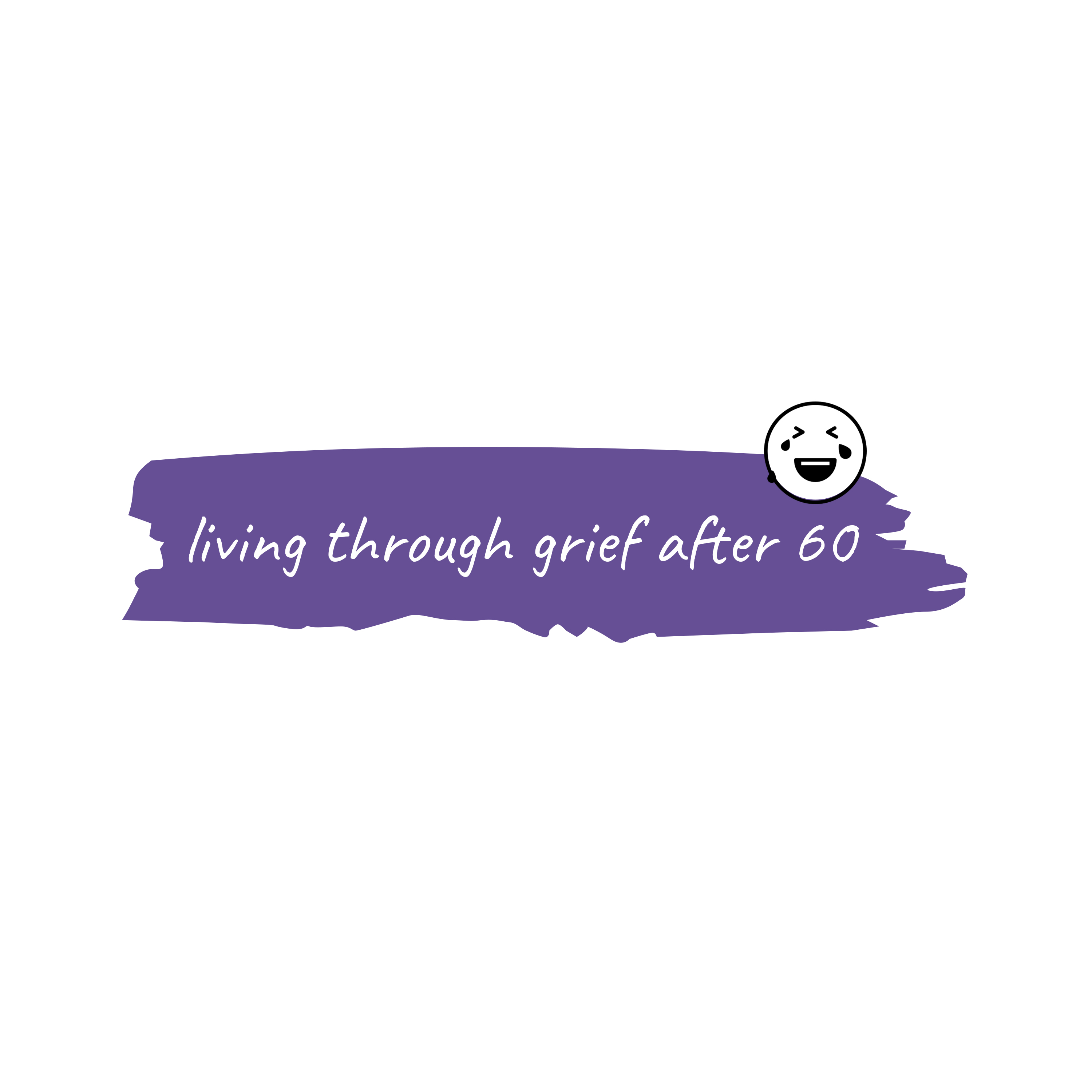This post may contain affiliate links, and I may earn compensation when you click on the links at no additional cost to you.
This is the final article of a series of four articles on the Coronavirus and the unique grief it brings to everyone. This blog is a follow-up to “The Five Gifts” and The Coronavirus (Part 1).
About the Author
From her website, https://www.laurienadel.com/:
A journalist for the first 20 years of her career, Dr. Laurie Nadel is a specialist in acute stress, trauma, and anxiety issues. She is considered a thought leader in the emerging field of acute stress and PTSD.
From trauma to addictions–through workshops, lectures, and one-on-one sessions–her focus is helping people find new ways to heal.
What Are The Five Gifts?
The “Five Gifts” are humility, patience, empathy, forgiveness and growth. Dr. Nadel noted that these gifts “are unwanted because they break us open – again”. People would not feel stronger and have a greater sense of hope than ever without the “gifts”. The five gifts help us heal from traumatic events. Perhaps BECAUSE of the events, people are able to heal, hope and feel stronger.
Why Loss and Change Are Interchangeable
The first chapter of Dr. Nadel’s book is entitled “There is No Change Without Loss, No Loss Without Change”. There are people who still appear to be skeptical that the coronavirus is real. If they do believe it is real, they believe it affects other people and it won’t happen to them. “It is human nature to move away from pain and toward pleasure”, Dr. Nadel wrote.
She pointed out living life as usual gets “blown away” in seconds when something terrible happens. These events include a bomb going off at a concert, someone getting shot or hit by a bus, or a tornado touching down somewhere, she continued. People can then turn the channel and think about something else. They can then begin to plan their day. But like the coronavirus, these are merely news stories to people watching them. They are not directly impacted because these stories play out on television involving people they don’t know. But when these same events involve yourselves or someone you know and love, then these events have a personal impact on you and/or someone you love.
Three Cycles of Loss
Dr. Nadel wrote that there are three cycles of loss that people go through when they are going through unplanned change.
Loss of Control
Physical illness is a sign of grieving. Dr. Nadel pointed out that “symptoms that include loss of appetite, difficulty sleeping, gastrointestinal pain, and headaches can become unsettling”. As of this writing, getting a headache is especially unsettling because it is among the symptoms of the coronavirus. Patience is needed for the symptoms to resolve on their own. People who are grieving need to continue to pay attention to their basic needs of food, water and rest. If the above symptoms continue, Dr. Nadel suggested it is “time to seek medical help”.
Loss of Safety
People can begin to think constantly about “what-if’s”. If they experience symptoms of the coronavirus, including sore throat, coughing, loss of taste, and loss of smell, in addition to the above symptom they can begin to feel anxious about what will happen if they get these symptoms. They begin to wonder-will I have to go to the hospital, will my loved ones be able to see me, and will I get out of the hospital? As a result, they may begin to self-isolate, wear masks, and never go anywhere, whether to the grocery store or attend church. They begin to get the message they they will get the coronavirus. People may begin to stay home and never venture anywhere to remain safe and avoid getting the coronavirus.
Vulnerability and the Healing Process
Feelings of vulnerability is part of the healing process, Dr. Nadel found. People who have been self-reliant and independent can begin to understand that everyone feels frightened about getting the coronavirus. People of all ages begin to stop blaming themselves for feeling weak, Dr. Nadel wrote. She added that when people begin to reframe their sense of shame about feeling vulnerable due to no longer feeling safe, it stops “the spiral of negativity and helps them to reclaim their self-worth”.
Loss of Identity
When our lives change at a moment’s notice, our self-identity begins to come into question. Dr. Nadel wrote that people begin to question who they are, if they are not a spouse and/or parent? They begin to ask themselves who they are if they are unable to work, take care of their family, or balance their check books, she continued.
How People Begin to Appreciate Their Core Strengths
Americans have always identified themselves first and foremost through what they did for a living. If their response to “What do you do?” is a student or parent, the belief in the United States is that they don’t do their part to contribute to American society as they would if they earned a salary or wage. If their identity changes because of the coronavirus and its aftermath, Americans begin to ask themselves “What do I do now?” At first, the loss of their identity results in negative feelings that include anger and fear. Dr. Nadel wrote that “it can open the way for a new appreciation for core strengths that no one can take away from us”. Individuals begin to realize they are stronger than they thought they were. They are more than simply what they do for a living.
Top 10 Secrets to Hope, Healing and Strength
Dr. Nadel shares that we can learn best from a “life-shattering event”. It takes patience to see the silver lining of a traumatic event such as the coronavirus. The following are her top 10 secrets to hope, healing, and strength in descending order.
- “Expect the unexpected”; It’s human nature to be moved when tragedy strikes;
- Avoid isolation while remaining connected; depression and unhealthy behaviors are the result of isolating following misfortune, and spend time with people who accept you for who you and don’t shame or judge you for the way you feel;
- “My calamity is my providence”; the eventual power of the Five Gifts is to provide “a foundation for accepting ourselves and where we are now because of everything that happened”, including the good, the bad, and the unbearable;
- “Take stock of your strengths, your values, and what matters to you”; making a list of your inner resources, read them when you feel when everything appears to be gone;
- Laugh daily, particularly when nothing can possibly be funny; while it is difficult to joke when life is painful, “nothing heals like laughter”;
- “Take your soul vitamins. Just five minutes a day”; connect with friends as you rest, hydrate, exercise and spend time outdoors;
- “You are not the disaster”, while adversity seems to last forever, you will eventually get through; you will in time wake up thinking about the new day instead of “that one”;
- “There has to be another way”; while there are many delays, obstacles, and blockages following a tragedy, there is another way, which is freedom;
- “Appreciate yourself”; while it can be difficult, thank yourself and your loved ones about what you learned about yourself and your loved ones during a catastrophe;
- And finally, “surprise yourself”; the most genuine gift is “the one you give yourself”.
Final Thoughts
A disaster such as the current pandemic ultimately helps people find healing and strength in a way they never thought possible. The Five Gifts are not something one would wish to receive. However, they are gifts that will help people find hope in a way nothing else ever could.
Additional Information
The Five Gifts: Discovering Hope, Healing and Strength When Disaster Strikes is highly recommended reading. The book includes additional research from Dr. Nadel on how humility, patience, empathy, forgiveness and growth can offer readers strength and hope that helps them get through the difficulties of the coronavirus pandemic and its aftermath.

